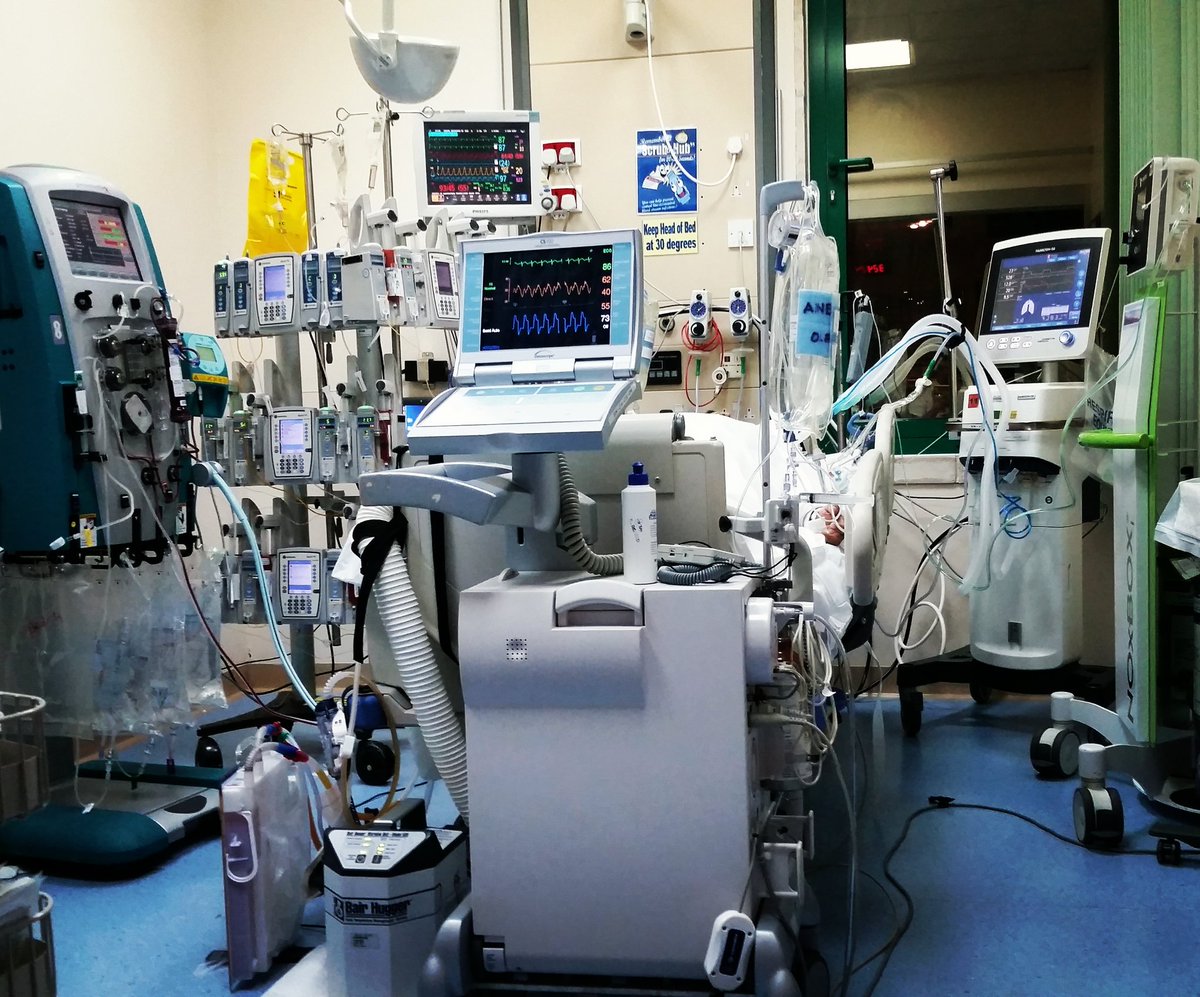@EpiEMS we have supes the same as FDNY as well.
@NysEms2117 I appreciate your thoughts, here's the thing- my question was full of rhetoric. It holds different meanings for every individual.
This job is what you make it to be. A steppingstone, a lateral, a career ladder, or anything in between. If I really, and truly could not stand it to the point that I let some newcomer and their naive ways drive me away, well, that says more about me than the noob.
For me, I paved every single road in this career path I have chosen so far. Is it always easy to hear some of these blissfully ignorant fresh new faces who are flush with false notions fed by their instructors? Nope, but it isn't their fault entirely either. So like
@NomadicMedic eluded to: walk it, don't talk it. That's the best a field schlub such as myself can do.
If I truly believed I was deserving of some "special position" because I am a tenured employee at my respective service, then again, I would be filled with no less self-entitlement than some of the newer folks. Creating change when you're completely unaware is perhaps some of the best practice one can employ. I highly doubt many leaders spent their waking moments wondering what kind of rewards awaited them in the end, most were (are) truly selfless.
And before this becomes a tiresome EMS vs. nursing debate, I'll only say that part of being a critical care paramedic is leaching off of, and learning from the sharper RN's. In a perfect EMS world our egos would not be so shallow that we always needed to compare the two. They're apples and pears, if you blend them together it's an awesome hybrid.

